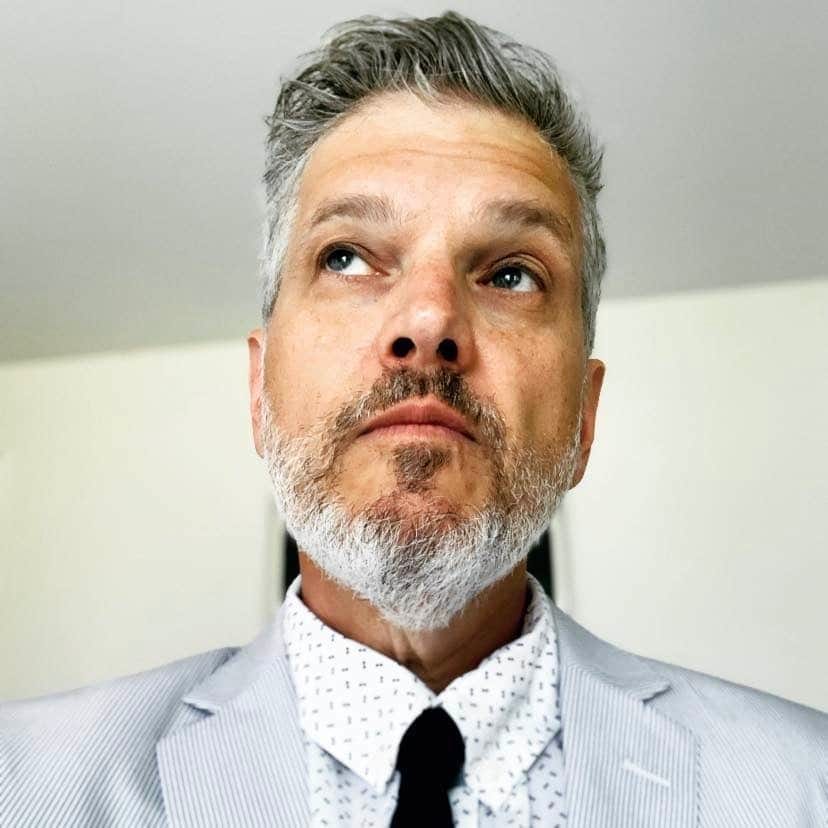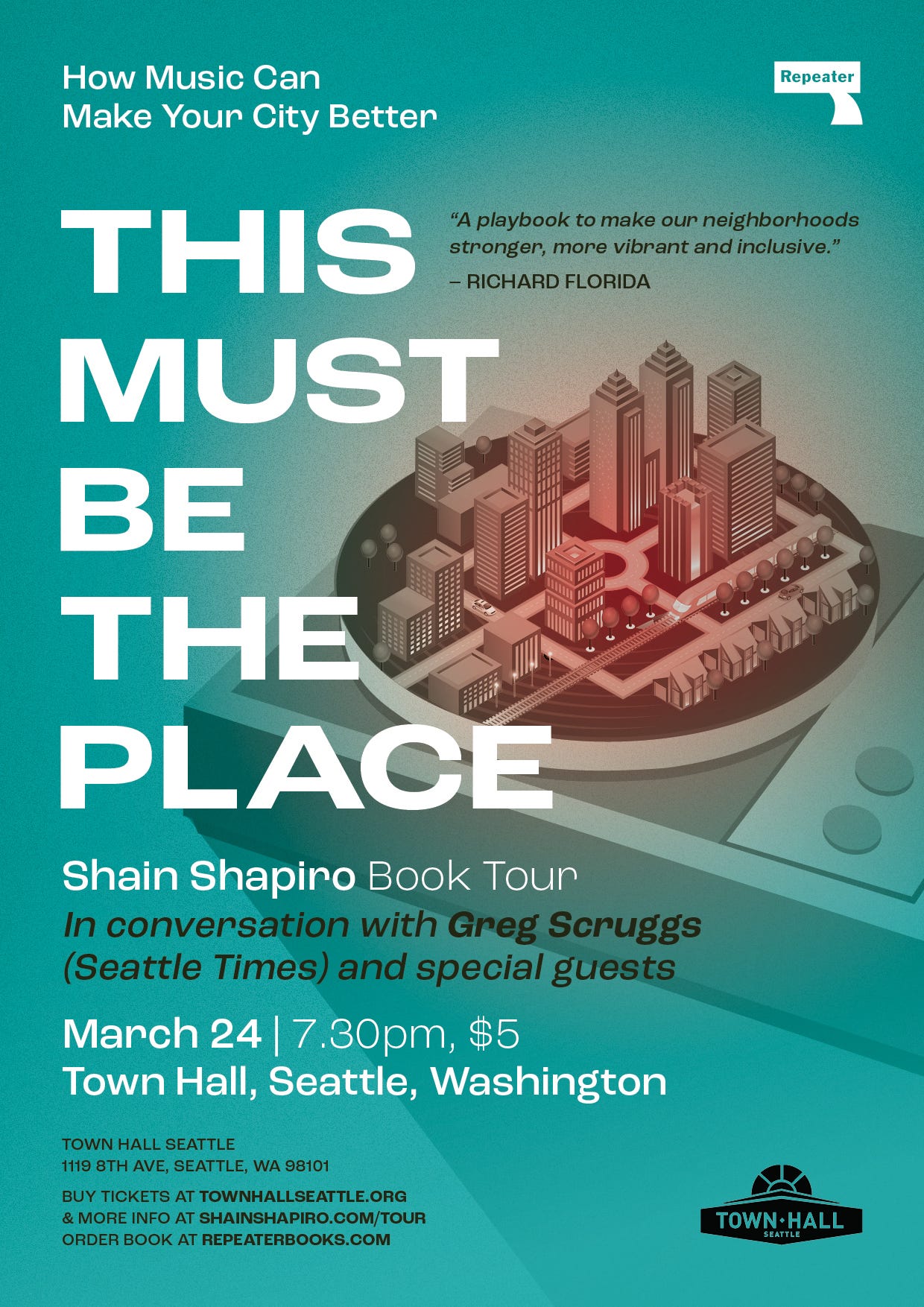A Little Case Study From Tour: Seattle
A guest post co-written with Ben London from Sonic Guild Seattle
**As part of tour promotion, I wrote this op-ed with Ben London, a hugely inspiring leader in the music ecosystem space (and someone I am a big fan of). In the end, we decided to share it here. It is about Seattle, but I wonder how many other cities it is relevant to. Also, thank you to
and Dana Robinson Slote who contributed**Concertgoers in Seattle are likely to watch local musicians perform on stage, the crowd entranced, rapt with attention. However, few would want to trade places if they knew the high-cost musicians in Seattle and many U.S. cities pay after the lights go down. Most music fans often don’t recognize that in small and grassroots venues, where all our superstars emerge, new artists are lucky to walk out of the venue with little more than $100 in their pocket (if they’re lucky) for a night’s work. After that, they load their gear into an old car and head back to their room in a shared house or a studio apartment to grab a few hours of sleep before heading to their day job.

Music has become synonymous with the Emerald City, but can we truly call ourselves a “city of music” if we do not create a citywide infrastructure where musicians can thrive? Musicians need many things to build a career. Mostly, they need an ecosystem that supports - and values - their creative pursuits. In the current music economy, musicians eat last. When we navel gaze on the “90s” and the “grunge scene,” we often forget to acknowledge what a different city we were then, and especially the role inexpensive housing played in seeding that global music phenomenon. Sure, you can practically make a record on your iPhone these days. But it will remain difficult for musicians to exist in our city, let alone flourish unless we begin incorporating music into our civic and urban policies.
The mid-2000s were when few cities were developing civic policies to understand the role of music on economic development. In 2008, Seattle differentiated itself by partnering with the music industry and leading an economic impact study, long before any report introducing what a ‘music city’ could be. Centering musicians, entertainment, and the nighttime economy in civic policy shows a city - and the people that live in it - then and now, that musicians matter to this town.
Commissioning and delivering a music economic impact assessment in 2008 has not insulated Seattle from this, as evidenced by the Conor Byrne Pub closure announcement earlier this month. While there’s much to be proud of, much work remains. These days (according to SMASH), the music industry in Seattle directly creates over 11,000 jobs, with $1.2 billion in sales and $487 million in earnings. Yet, Seattle has the lowest-paid arts workers ($11.87/hr). For self-employed workers, which is the category most musicians are in, it's even lower ($9.07/hr).
The grassroots live music economy, including in Seattle, is still in crisis, be it through the cost of servicing loans, challenges with ticketing or regeneration, despite more tickets being sold to concerts in 2023 than in any recorded year. But despite these challenges, it is important to recognize and celebrate that Seattle is on the brink of enjoying a music renaissance. Whether through championing new artist support models like Sonic Guild, creating musician-supported health care, banding together to support venues during a crisis, or demonstrating global leadership in all-ages concert access, Seattle remains a leading light not only nationwide but around the world.
While no city has emerged unscathed from COVID, Seattle’s history of engaging with music has provided more data and dialogue to understand this impact on its residents and businesses. Since COVID, many more cities have taken Seattle’s lead and begun to explore the role and impact that music has, or can have, on their local plans, policies, and investment decisions. Questions that Seattle first asked in 2008 are now being posed in cities across the nation.
The conversation we started in the ‘grunge era’ about what musicians need hasn’t changed. But support for the creative economy - and their contributions to it - has evolved immensely. A Living Wage for Musicians Act was introduced in Congress earlier this month. Seattle led in 2008 and can continue to be a leader, but it will be too late if we wait too long. Continuing to claim Seattle as a ‘music city’ requires more investment, more research, and more engagement that positions music across city policy at the center and allows all of us - including musicians - to lead and move forward together.
Ben London is the Executive of Sonic Guild, Seattle. And you know, me (Shain).





